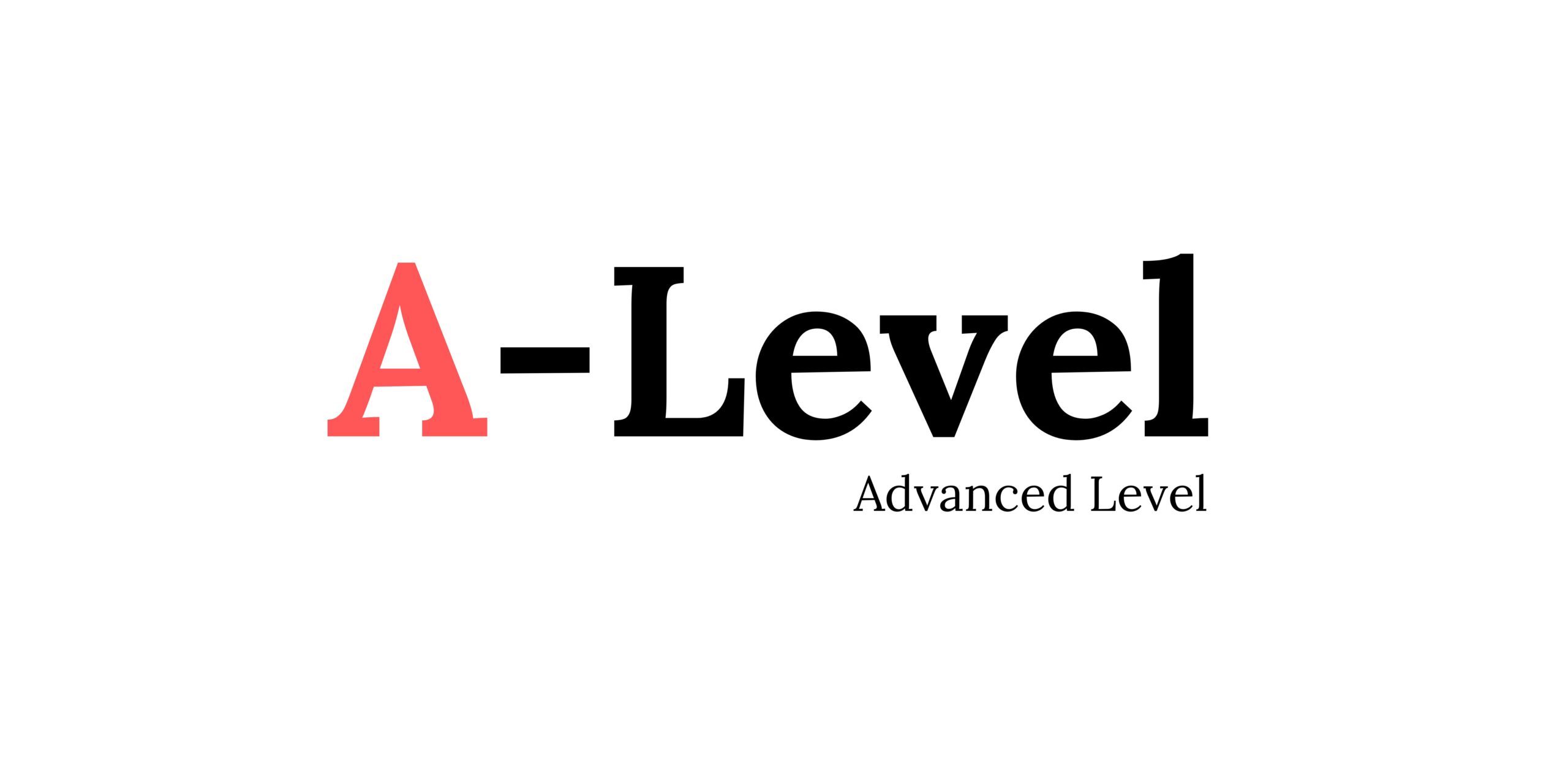
The Advanced Level is the pinnacle of academic achievement for students in the UK and beyond. Serving as a vital stepping stone between secondary education and higher education, A-Levels encompasses a rigorous and comprehensive academic program. Let’s delve into what sets this program apart, its components, subjects and assessment.
Definition and features of A-Level
A-Levels, or Advanced Level Qualifications, are pursued by students typically aged 16 to 18 over a two-year period. This program, available in schools and colleges, allows students to study subjects in depth, chosen based on their interests and career goals. Known for its academic rigor, A-Levels are respected worldwide by universities and employers. They are comparable in difficulty and level to the International Baccalaureate (IB).
Purpose and Significance
The primary objective of A-Levels is to equip students with specialized knowledge in their chosen subjects, fostering critical thinking and analytical skills. A-Levels play a crucial role in university admissions, with institutions often requiring specific grades for entry. They are essential for students planning to pursue a university degree and can be a prerequisite for certain training programs or job opportunities.
Global Acceptance
While A-Levels are a UK qualification, they are widely recognized internationally, including in the USA, Canada, the Middle East, Europe, Asia, Oceania, and South America. More than 10,000 schools in 160 countries offer A-Level programs. British schools abroad often provide either the British A-Levels or International A-Levels, which are similar but tailored to a global context.
Structure and Reforms
Traditionally, A-Levels were divided into AS and A2 levels and had a modular structure: AS exams were taken at the end of the first year (Year 12) and A2 exams at the end of the second year (Year 13). However, recent reforms have led to a move to a linear approach, with all assessments taking place at the end of the two-year period.
AS Level could be a stand-alone qualification or counted as 40% of the full A-Level grade. A2 Levels were more advanced and accounted for the remaining 60%. Now AS-Level results no longer affect the final A-Level grade, but they can still be taken alongside the first year of A-Level study.
Flexibility and Accessibility
A-Level qualifications are available to students and adults alike, offering courses in subjects that promote academic or professional careers.
Entry to A-Level programs is usually dependent on GCSE grades: a minimum of five GCSEs with a grade between 9 and 4 (or equivalent). Language proficiency often requires an IELTS score of 5.0 or above.
Subject Options
A distinguishing feature of the A-Level program is its broad range of subjects. Students can select from numerous disciplines, aligning their studies with personal interests and career objectives.
A level Subjects
Students can select from around 50 different A-Level subjects, although the specific options available depend on what their school or college offers. Students can either continue with subjects they studied in Years 10 and 11 or choose new ones.
Some subjects are generally considered more challenging because of their specificity and demanding nature. These include:
- Mathematics
- Further Mathematics
- Physics
- Chemistry
- Biology
- Economics
- English Language and Literature
- History
- Modern Languages (e.g., French, German, Spanish)
- Computer Science
There are subjects that are perceived as relatively easy, but this does not mean that they are less valuable or less challenging. Success in any A-Level subject requires dedication and effort. Such subjects can include:
- Sociology
- Psychology
- Media Studies
- Drama and Theatre Studies
- Business Studies
- Physical Education
- Film Studies
- General Studies
- English Literature (A or B)
The most popular A-Level subjects are: Math, Additional Math, Physics, Psychology, Geography, Chemistry, History, Art, Biology, Economics, Sociology, Law, Business, English Literature, English language.
A-Level programs do not have compulsory subjects. However, some universities provide a list of “desirable” or “valuable” A-Level subjects for general admission, indicating the subjects they value most when selecting students. The choice of subjects should be appropriate to the student’s future career or major. For example:
- Aspiring Lawyers: English Literature, History, Law
- Future Computer Programmers: Mathematics, Further Mathematics, Computer Science
A-Level programs typically include 300 hours of supervised study and usually take two years to complete if taken full-time along with other courses. Students generally choose between 3 and 4 A-Level subjects.
Whether you need help with math, science, languages, or any other subject, our tutors are ready to help you on your academic journey. Don’t miss your chance to succeed – take a discounted trial lesson today!
Assessment A-Level
A-Level results are determined entirely by the exams taken at the end of the two-year course. These exams are only available during the May/June exam period, and the specific dates depend on the subjects being studied and the awarding body supporting the qualification. Results are published in August.
Most students take their exams at local exam centers, typically schools or colleges that already present their own students for the exams. It is advisable to book your exam about six months in advance to secure a spot at your preferred center. Exam fees usually start at around £85 per subject, but some centers may charge over £150 per exam.
The format of A-Level exams varies by subject and exam board but generally includes a mix of multiple-choice, short answer, and essay questions.
In the UK, A-Level exams are administered by five main examination boards: AQA, OCR, Edexcel (London Examinations), Eduqas, and CCEA.
A-Level grades range from A* to E, with U indicating an ungraded or unsatisfactory result. The grades reflect the following levels of performance:
- A:* Outstanding performance (typically 90% or higher, with a GPA of at least 80% in all sections).
- A: Excellent understanding of the subject (80-89%).
- B: Very good academic performance (70-79%).
- C: Good academic performance (60-69%).
- D: Satisfactory performance (50-59%).
- E: Basic passing grade (40-49%).
- U (Ungraded): Insufficient performance (below 40%).












